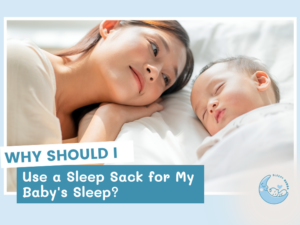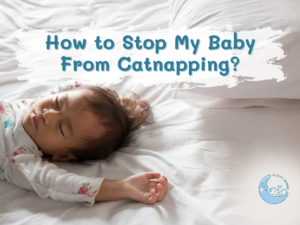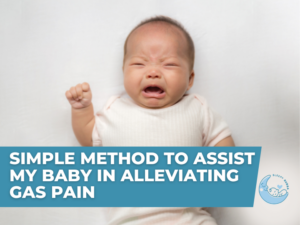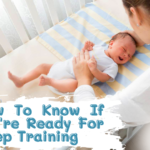Enquire Now with FREE 15 Mins Call
Can I Sleep Train My Newborn?
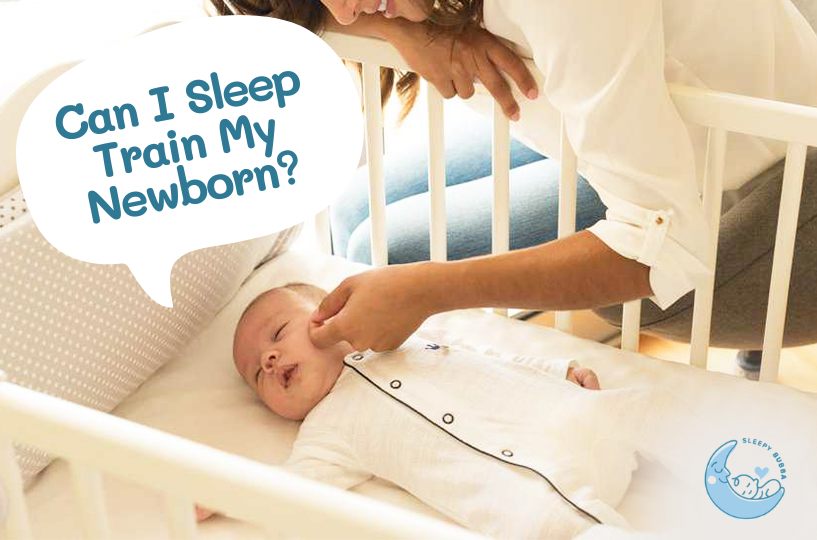
Babies go through different stages of growth, and some of these phases do affect their sleep patterns. This is why many parents often face baby sleep issues at different periods of time.
If you’re a sleep-deprived parent looking for solutions to help your baby sleep better, you may have heard of sleep training. Sleep training is basically a series of steps you can take to help your child achieve better and more restful sleep. Sleep training helps your baby fall asleep on their own without your help and develop their own healthy self-soothing strategies
If you plan on carrying out sleep training, there are a few things to take note of. The most important thing has to be whether sleep training is suitable for your baby. In this aspect, a baby sleep consultant based in Singapore is the best person to seek advice.
Here, I’m going to provide some answers/advice/tips (whatever you call it) for you to decide if you should actually sleep train your baby, and what the alternatives are.
When Can I Sleep Train My Baby?
Many experts suggest that you should hold off on sleep training until your baby is about 4 to 6 months old. Additionally, you should ensure that any sleep disruptions or wakefulness after they turn 4 months old is not due to any underlying health issues. However, you can start instilling good sleep habits from the day your baby comes home with you.
Any sleep training that you do should be done after much research, and preferably under the supervision of a sleep consultant in Singapore. In the following section, we’ll discuss why sleep training is not suitable for newborns and why you should wait.
Why shouldn’t I sleep train a newborn?
There are many reasons why you should not sleep train your baby before they are 4 months old. These reasons include:
Newborns need night feedings
Newborns experience rapid physical growth and therefore need to wake up at night to feed much more frequently than older babies. Sleep training your baby at this stage may disrupt their natural need for more nutrition and calories.
Prioritise Bonding
Newborns are still getting a sense of the world, and their minds are still developing cognitively about their surroundings. One of the main connections they need to build is with you as a parent. At this stage, you need to build trust with your baby. Sleep training involves leaving your baby to independently develop their sleeping habits, so the development of trust may be affected if you start too early.
They don’t recognize day and night yet
Newborns are yet to develop a sense of day or night, especially very early in their development when their eyes and other senses are yet to reach their full capacity. As such, they sleep whenever they feel the need to, rather than being ruled by a certain time.
They don’t have a circadian rhythm
A baby only develops their circadian rhythm, which is their body’s natural wave of hormones governing sleep, at 4 months of age and beyond. This is when their sleep cycles begin to develop and mature too. That’s why sleep training will only be effective after this stage begins.
Newborns need physical touch
Touch is a very vital part of a newborn’s growth, both mentally and physically. Research has shown that newborns that are hugged and cuddled more have better cognitive and learning abilities when they grow older. That’s why you shouldn’t sleep train your child too early as sleep training needs you to leave your baby alone when they’re developing self-soothing methods.
Newborns are incapable of self-soothing
Due to the nature of their mental development at this stage, newborns still cannot self-soothe and depend wholly on external soothing methods when falling asleep. This makes sleep training wholly unsuitable at this stage.
Newborns communicate through crying
Newborns are only able to use crying as an essential communication tool to tell you that they’re feeling hungry, tired or uncomfortable. This is why sleep training methods like allowing your baby to cry it out are unsuitable at this point. Crying newborns cannot be ignored as it usually means that they need something.

What can I do instead?
As sleep training methods shouldn’t be used until your baby turns 4 months old, you can start instilling good sleep habits from the day your baby comes home with you. These tips will help your newborn feel more comfortable, so they may fall asleep more easily.
Create the perfect sleep environment
Make sure your baby’s room is quiet, dark and cool. Have blackout curtains to block out bright light. With such hot temperatures in Singapore throughout the year, you probably will have to turn on the A/C when the baby is trying to sleep.
Understand their needs
If your newborn is waking up at night, they’re probably in need of something. Try your best to understand what these needs are and fulfil them. It could be a diaper change, a feeding or something else.
Start healthy sleep habits early on
Create routines in your newborn’s life as soon as you can. This includes laying them down to bed at fixed times at night. Introducing the “Eat-Play-Sleep” routine. Having a bedtime routine helps instil good sleep hygiene as your newborn grows and develops.
Speak to a Sleep Consultant
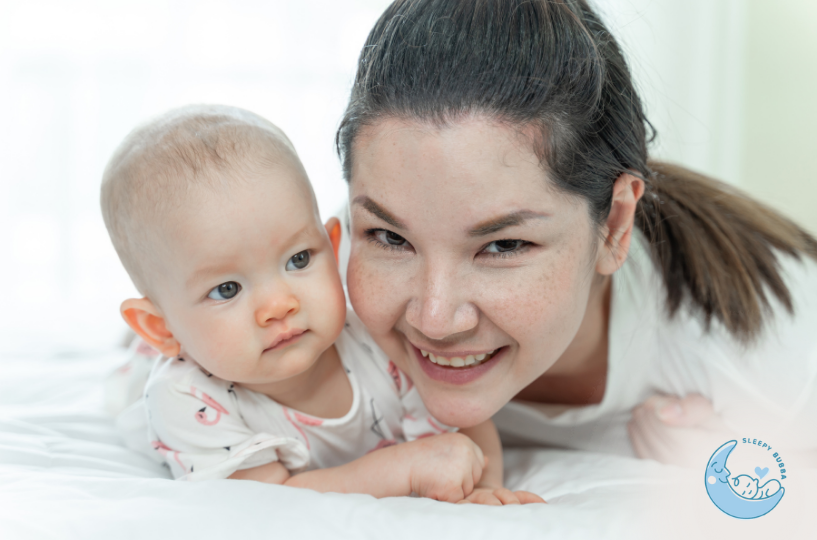
As an experienced baby sleep specialist in Singapore, I will be able to answer any concerns you may have about your baby’s sleeping habits. This is especially true if you have concerns about the most suitable time to start sleep training, and whether your baby is suitable for sleep training.
Instead of following the “Quick Tips” you find on the Internet, why not trust an experienced baby sleep consultant and follow the process that is tested and proven.
Book a discovery call with me today to find out if she is the consultant for you and ensure that the methods you employ are effective and, most of all, safe for your baby.

